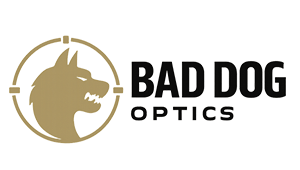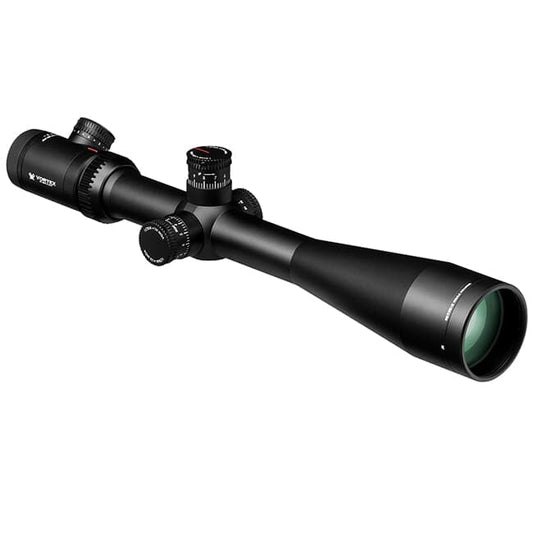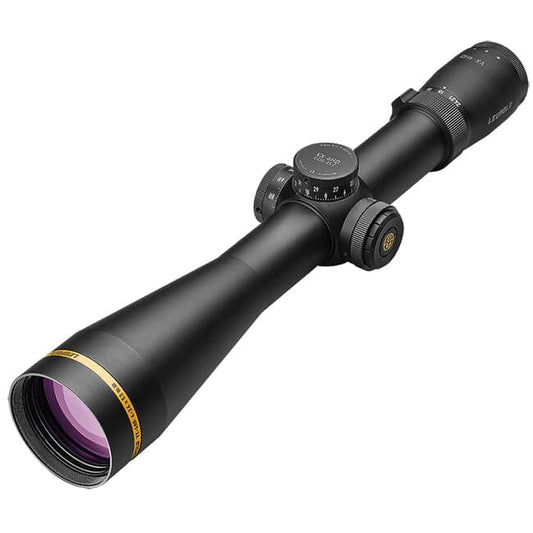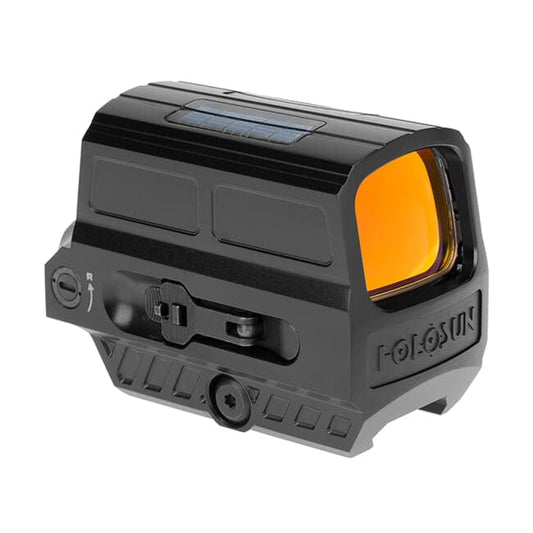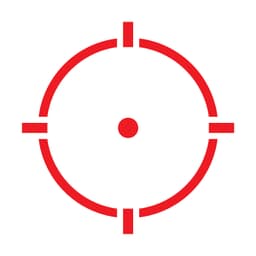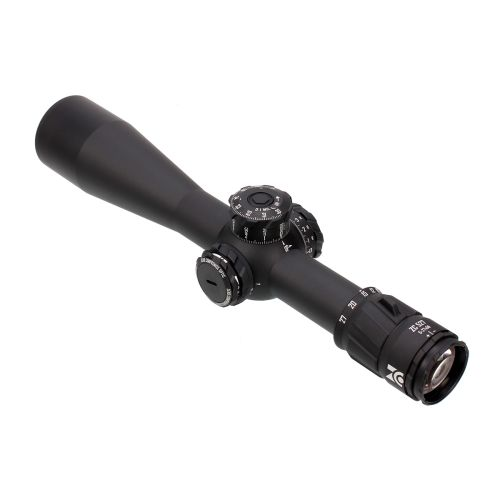

The Zero Compromise ZC527 5-27x56 FFP Binoculars redefine long-range optics with a compact design that doesn't weigh you down. Weighing only 1122g and measuring just 387mm in length, these binoculars are perfect for precision shooting in any environment. Whether you’re tracking game or spotting distant targets, the generous field of view of 7 meters per 100 meters (21ft/100Yds) sets a new standard for clarity and brightness, ensuring you won’t miss a single detail.
With 35 mil elevation and 20 mil windage adjustments, the ZC527 is engineered for versatility, allowing for rapid adaptations in various shooting scenarios. The MPCT2X reticle, featuring easily distinguishable hold points, enhances your aim, making it intuitive for both novice and expert shooters. If you're serious about your optics, the Zero Compromise ZC527 is built to exceed your expectations, crafted from premium materials for unparalleled performance.
Key Features:
- COMPACT DESIGN for effortless transportation and field readiness.
- EXCEPTIONAL FIELD OF VIEW at 21 ft/100 Yards for spotting targets with ease.
- HIGH ELEVATION & WINDAGE ADJUSTMENTS delivering precise corrections in challenging conditions.
- OPTIMIZED LIGHT TRANSMISSION ensuring bright, clear images in low-light situations.
- USER-FRIENDLY RETICLE with intuitive hold points for quick target acquisition.
- LIGHTWEIGHT CONSTRUCTION allowing for extended use without fatigue.
- FIRST FOCAL PLANE RETICLE providing consistent measurements at any magnification.
- VERSATILE PARALLAX ADJUSTMENT to enhance accuracy from 25 meters to infinity.
Technical Specifications Table
| Specification | Details |
|---|---|
| Magnification Zoom | 5X to 27X |
| Objective Lens Size | 56mm |
| Exit Pupil | 10.5mm - 3.2mm |
| Eye Relief | 3.54" |
| Field of View @ 100 Yards | 21.0 ft - 4.5 ft |
| Tube Diameter | 36mm |
| Turret Type | Tactical MIL Turret |
| Illuminated Reticle | Yes |
| Reticle Focal Plane | 1st Focal Plane |
| Weight | 37.9 oz |
| Length | 15.24" |
| Max Elevation Adjustment | 35 MIL |
| Max Windage Adjustment | 20 MIL |
What’s in the Box?
- Lens covers
- Padded case
- Neck strap
Customer Reviews
“The clarity of the ZC527 is unmatched! Perfect for my long-range shooting sessions.”
“Lightweight and incredibly precise. I can’t recommend these enough!”
“The reticle design is intuitive and helps me get on target quickly. Fantastic optics!”
FAQ
How does the ZC527 perform in low light? The Zero Compromise ZC527 excels in low-light conditions thanks to its optimized light transmission capabilities, ensuring vivid image quality even at dawn or dusk. Whether on a hunt or a tactical mission, you can trust this scope to deliver.
What maintenance is required for these binoculars? Regular cleaning with a soft microfiber cloth is recommended to maintain the optics. Additionally, check the adjustment functions periodically to ensure smooth operation. The durable build means they can withstand tough environments with minimal upkeep.
Similar Models
Looking for more exceptional optics? Explore our range of Zero Compromise products, including models like the ZC427 for even more magnification flexibility and the ZC105 for compact, lightweight options perfect for travel. Discover your ideal optic today!
You May Also Like
Here’s some of our most similar products people are buying. Click to discover trending style.
